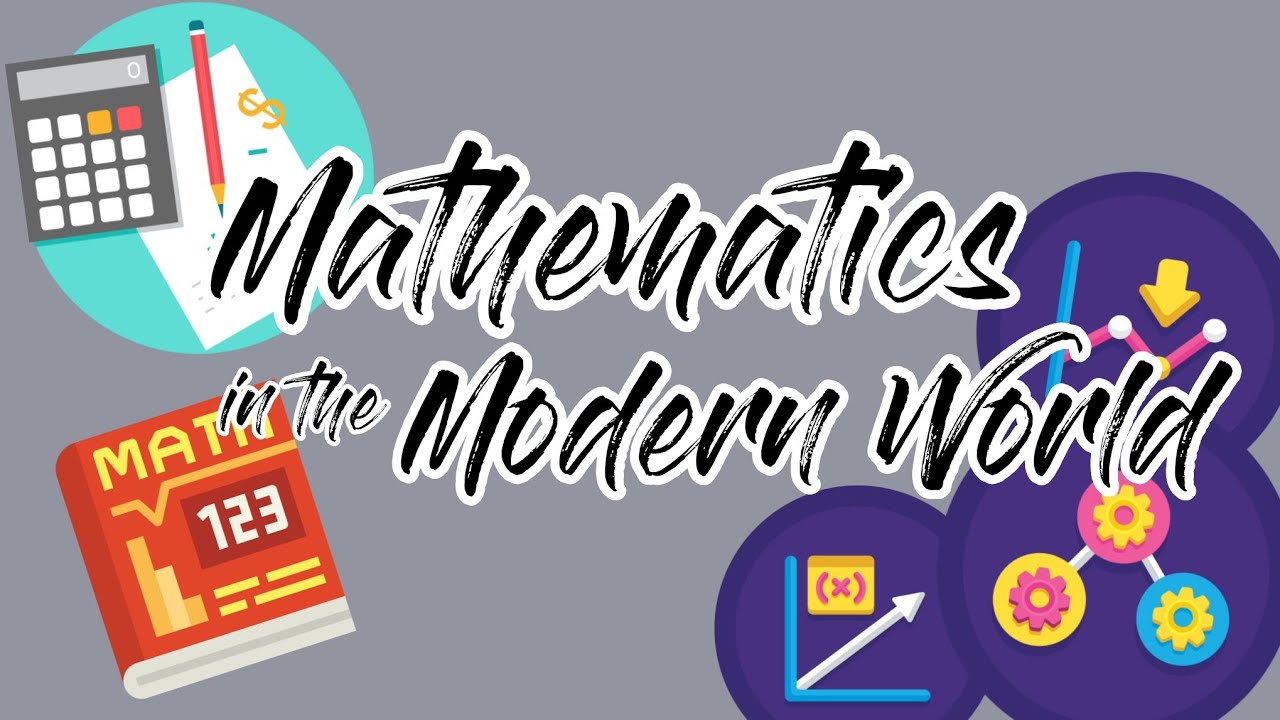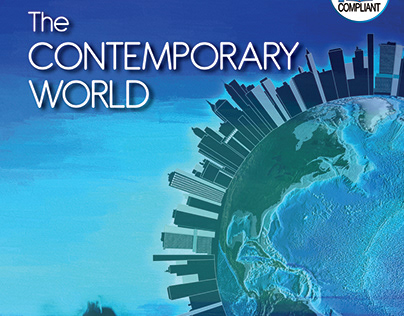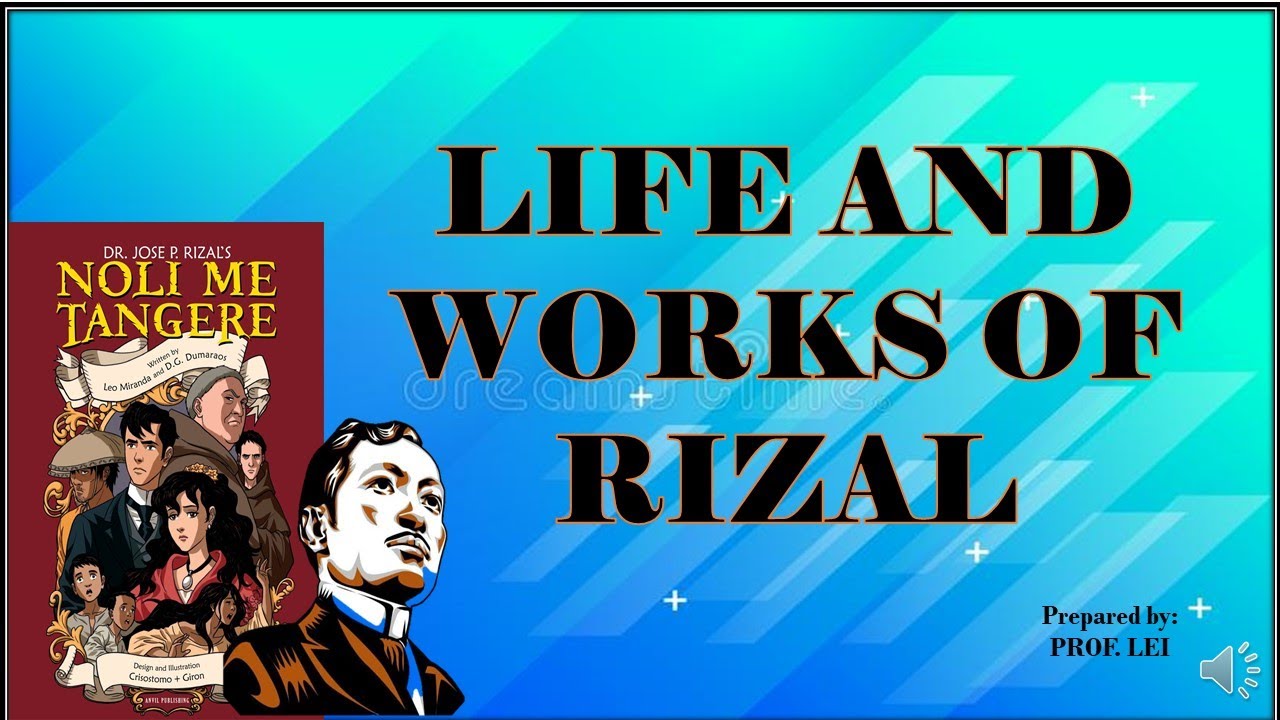Course Description:
Art appreciation Is a three-unit course that develops ability to appreciate, analyze and critique works of art. Through interdisciplinary multimodal approaches, this course equips students with a broad knowledge of the practical, historical, philosophical, and social relevance of the arts in order to hone student’s ability to articulate their understanding of the arts. The course also develops student’s competency in researching and curating art as well as conceptualizing, mounting, and evaluating art productions. The course aims to develop student’s genuine appreciation for Philippine arts by providing them opportunities to explore the diversity and their rootedness in Filipino Culture.
This course deals with nature of mathematics, appreciation of its practical, intellectual, and aesthetic dimensions, and application of mathematical tools in daily life.
The course begins with an introduction to the nature of mathematics as an exploration of patterns and as an application of inductive and deductive reasoning. By exploring these topics, students are encouraged to go beyond the typical understanding of mathematics as merely a set of formulas but as a source of aesthetics in patterns of nature, for example, and a rich language in itself governed by logic and reasoning.
The course then proceeds to survey ways in which mathematics provides a tool for understanding and dealing with various aspects of present-day living, such as managing personal finances, making social choices, appreciating geometric designs, understanding codes used in data transmission and security, and dividing limited resources fairly. These aspects will provide opportunities for actually doing mathematics in a broad range of exercises that bring out the various dimensions of mathematics as a way of knowing, and test the students' understanding and capacity.

Deskripsyon ng Kurso:
sumasaklaw sa masusing pag-aaral sa masining, mabisa at matatas na paggamit ng wikang Filipino na pinakainstrumento sa pagpapahayag. Sumasaklaw ito sa maangkop at masining na pagpili ng mga salitang gagamitin ayon sa dalawang anyo ng pagpapahayag: pagsasalaysay, paglalarawan, paglalahad at pangangatwiran. Lilinagin dito ang kakayahan at kahusayang pangkomunikatibo ng mga mag-aaral sa pagdidiskursong pasulat man at/o pasalita.
Course Description:
Principles of ethical behavior in modern society at the level of the person, society, and interaction with the environment and other shared resources. Mga simulain ng ugaling pang- etika sa makabagong lipunan sa antas ng pantao at panlipunan at sakaugnayan ng mga ito sa kalikasan at sa ibang kolektibong yaman.
This course introduces students to understand, analyse, and evaluate the contemporary world by examining the multifaceted the phenomenon of globalization, among which are the economic, social, political technological, and other phenomena that have created an increasing awareness of interconnectedness of people and places in the global community. Among the major topics to be discussed and analysed are the structures of globalization, a word of regions and ideas, global population and mobility and global sustainable development.
Mandated topics on population education in the context of population and demography are also included.

As mandated by Republic Act 1425, this course covers the life and works of the country’s national hero, Jose Rizal. Among the topics covered are Rizal’s biography and his writings, particularly the novels Noli Me Tangere and El Filibusterismo, some of his essays, and various correspondences.

This course provides an overview of the rudiments of the appreciation, engagement and critique of art. Through the evaluation of different art forms and samples throughout world history, the inextricable linkages of historical, social and philosophical perspectives and aspects of creative thought and process will illustrate the relevance of art to the contemporary individual and society. Students will be confronted with a wide range topics and issues grounded on both theoretical and practical knowledge and skills, challenging them to articulate their understanding on art. This course endeavors to underscore the different art forms, particularly in the Philippines, inculcating the appreciation of the richness and diversity of their culture and heritage.

